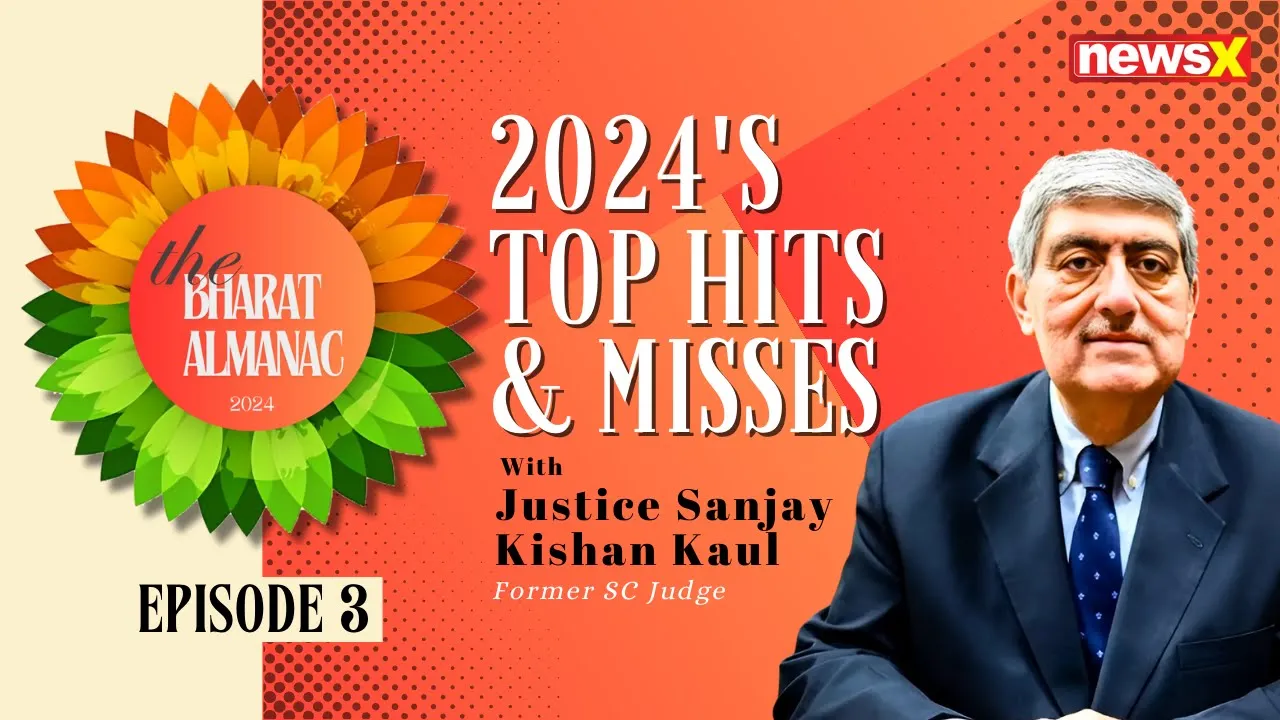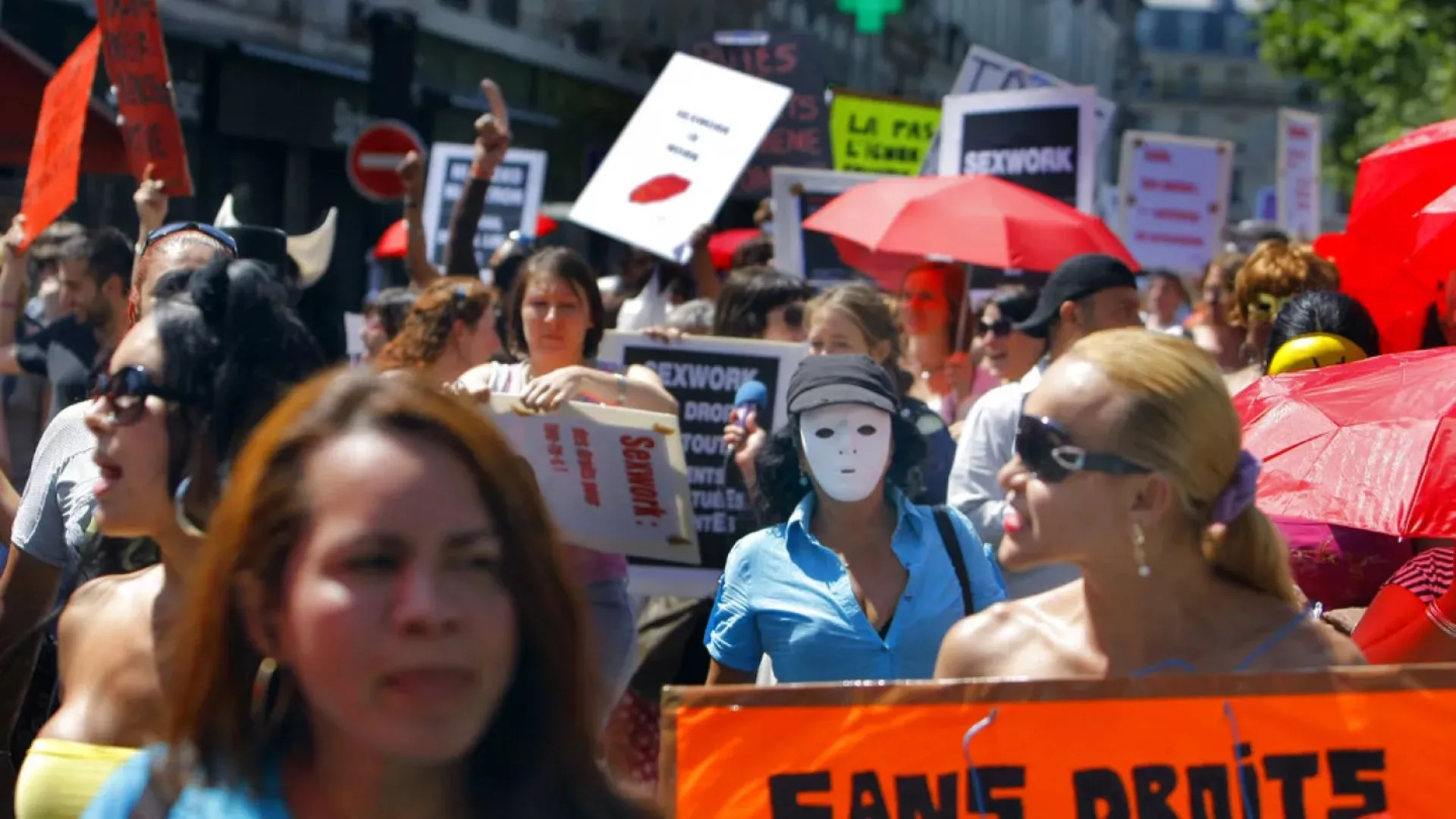As 2024 comes to a close, former Supreme Court judge Justice S.K. Kaul reflected on the year’s legal landscape in an exclusive interaction with NewsX during the “The Bharat Almanac Episode 3: Year Ender Special.” Justice Kaul highlighted critical challenges facing the judiciary and offered insights into the way forward. Below are key excerpts from the discussion, encapsulating the pressing issues and potential solutions for 2025.
A Challenging Year for the Judiciary: Justice S.K. Kaul
“2024 has been a challenging year,” Justice Kaul began, emphasizing the gravity of the situation in high courts across the country. “Many high courts are already grappling with significant problems, and numerous files are still lying with the ministry, not even reaching the collegium.”
The most pressing concern, according to Justice Kaul, is the acute shortage of judges at the high court level. This shortage has adversely affected the judiciary’s functioning, spilling over into the upcoming year.
“The shortage of judges impacts the judiciary’s ability to deliver timely justice,” he noted. “Appointments are not keeping pace with retirements, creating a worsening gap that hinders the system’s efficiency.”
Justice S.K. Kaul Highlights Importance of High Courts
Highlighting the pivotal role of high courts, Justice Kaul stated: “As per a Vidhi report, the Supreme Court grants leave in less than 15% of cases. This means 85% of cases are settled at the high court level. The ability of high courts to control their respective jurisdictions and settle the law is paramount.”
However, he expressed concern that only about two-thirds of judicial posts in high courts are currently filled, a problem that has persisted for years. In 2024, only around 30 judges were appointed, while nearly 100 retired. “If this trend continues, more high courts will face severe challenges in handling routine matters expeditiously,” he warned.
Delays in Judicial Appointments
Justice Kaul delved into the delays plaguing the appointment process. “Recommendations are taking too long to come out of the system,” he said, citing examples of judicial leadership issues.
“Last year, Chief Justices recommended in December were appointed only in July. One Chief Justice received their appointment just days before retirement. Currently, two names for Chief Justices have been pending for months, and many files haven’t even reached the collegium.”
He stressed the need for both the government and the judiciary to address these delays seriously. “The judiciary serves as a check and balance on the government. We cannot allow high courts to reach a standstill,” he asserted.
Constitutional Matters and Judicial Role
Reflecting on the Supreme Court’s responsibilities, Justice Kaul observed: “In 2024, significant constitutional matters, pending for years, were finally addressed. Starting from Justice U.U. Lalit’s tenure, benches were constituted to ensure the Supreme Court fulfills its primary role as a constitutional court.”
While routine cases and Special Leave Petitions (SLPs) are vital, settling constitutional law remains the Supreme Court’s core responsibility. “This ensures uniformity across the country,” Justice Kaul explained.
Impact of Judicial Backlog
The backlog of cases remains a perennial issue. Justice Kaul illustrated the situation with an example from Delhi. “Out of a sanctioned strength of 60 judges, only 35 are currently serving. This impacts the judiciary’s capacity to handle both old and fresh cases.”
Despite timelines prescribed by the Supreme Court for various stages of processing, these guidelines are not being met. “Judicial intervention was required in the past, but the lack of intervention this year has further aggravated the issue,” he noted.
Justice Kaul also acknowledged the broader challenges India faces. “In a difficult international arena, with wars and global instability, India has managed to provide stability. This is creditable,” he remarked. However, he stressed that internal issues, especially within the judiciary, must not be overlooked.
The Way Forward
As the judiciary and government prepare to tackle these challenges in 2025, Justice Kaul’s parting message was clear: “The judiciary must receive the attention it deserves. Timely appointments and adequate judge strength are essential for ensuring justice and maintaining public trust in the system.”


















